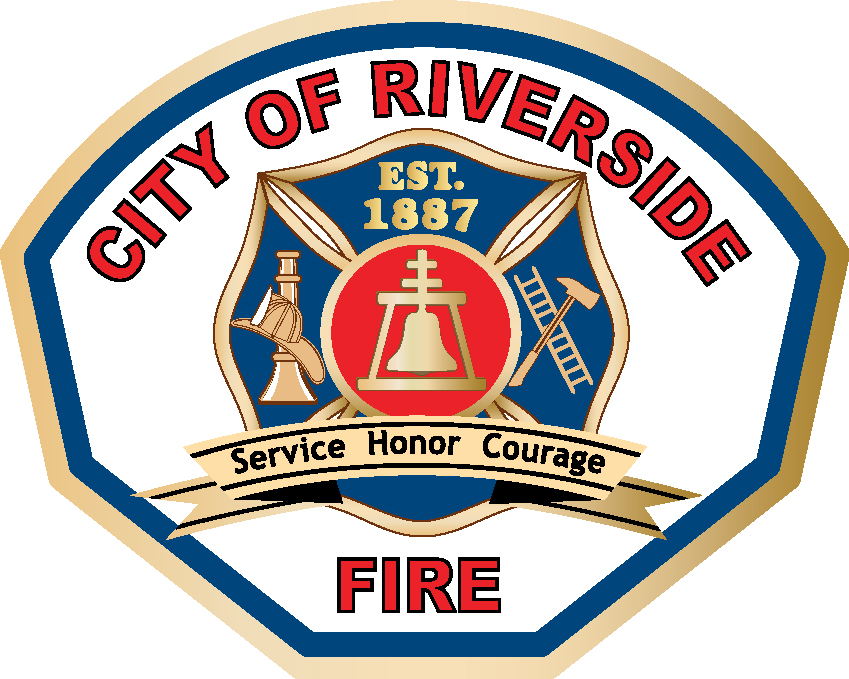Storms are Serious Business
In recent years, storms in California have become more intense and longer lasting. Flash floods, mudslides, high coastal surf, stream and creek flooding, snowstorms, and avalanches have ALL occurred in the state - claiming lives and damaging property. The New Year's Day Flood of 1997 caused eight deaths and nearly $2 billion in damages in Northern California. The flooding damaged an estimated 24,000 primary residences and forced approximately 120,000 people to evacuate. Damage to residences alone has been estimated at $300 million. Sadly, only six percent of the impacted residences were covered by flood insurance.
Although most of the impacts of the flooding occurred in Northern California, residents of Southern California aren't immune. Storms similar to the winter storms of 1992, 1993, 1995, 1996, 2005, 2010, and 2017 could cause flash floods, damage the drinking water supply, create power outages and damage homes and contents.
Damage from the 1993 rain in the City of Riverside was $2 million; $775,000 in damage from the 1995 rains, and $1 million during the El Nino rains in February 1998. Riverside has proven to be more susceptible to floods than any other disaster.
Sit down with your family and discuss the tips in this pamphlet. It may help save your life and your property.
If you need more information on floods, or other types of disasters, please contact:
City of Riverside
Office of Emergency Management
3085 St. Lawrence Street
Riverside, California 92504
(951) 320-8100
www.readyriverside.org
Weathering a Storm
Before the Storm
- Keep first aid and critical medical supplies on hand.
- Keep a stock of food which requires little cooking and no refrigeration; electric power may be interrupted.
- Keep a portable radio and flashlights in working order. Have extra batteries on hand.
- Keep your automobile fueled; if electric power is cut off, filling stations may not be able to operate.
- Keep materials like sandbags, plywood, plastic sheeting, and lumber handy for emergency waterproofing.
When You Receive a Storm Warning
- Store drinking water in closed, clean containers. Water service may be interrupted.
- If flooding is likely, and time permits, move essential items and furniture to upper floors of your home.
- If advised to leave your home, move to a safe area before access is cut off by flood water. Leave a note telling friends or relatives where you are going.
- Before leaving, cut off all electric circuits at the fuse panel by pulling the main switch, or disconnect all electrical appliances. Shut off the gas service at the valve next to the meter, and turn off the water service at the main valve.
During the Storm
- Avoid areas subject to flooding.
- Do not try to cross a flowing stream where water is above your knees.
- Do not try to drive over a flooded road. You could be stranded and trapped.
- If your vehicle stalls, abandon it immediately and seek higher ground. Many people drown while trying to rescue their cars.
- Do not "sightsee" in areas where flooding or snowfall is occurring; do not try to enter areas closed by local law enforcement agencies, the Sheriff, or California Highway Patrol.
- Avoid unnecessary trips; if you must travel during the storm, dress warmly. Advise others of your destination.
- Use the telephone only for family emergency needs or to report dangerous conditions.
- Beware of downed power lines or broken gas lines. Report them immediately to the proper agencies, police or fire department.
- Keep tuned to one of your local radio or television stations for emergency information.
After the Storm
- DO NOT TURN GAS BACK ON YOURSELF. Rely on gas company crews.
- Do not use fresh food that has come in contact with flood waters.
- Make sure drinking water is not contaminated; wells should be pumped out and the water tested before drinking.
- Do not visit disaster areas; your presence will probably hamper rescue and other emergency operations, and you might be in danger.
- Do not handle live electrical equipment in wet areas. If electrical equipment or appliances have been in contact with water do not use them until local authorities tell you they are safe.
- Use flashlights, not lanterns or matches to examine buildings; flammables may be inside.
- Report broken utility lines to police, fire or public utilities authorities.
- Continue to beware of downed power lines or broken gas lines.
- Stay tuned to LOCAL radio or television for vital information. Inland Empire stations are: "KFRG 95.1", "KGGI 99.1", "KOLA 99.9"
* Extracted and adapted from "Be Winter Wise", published by the California Governor's Office of Emergency Services

